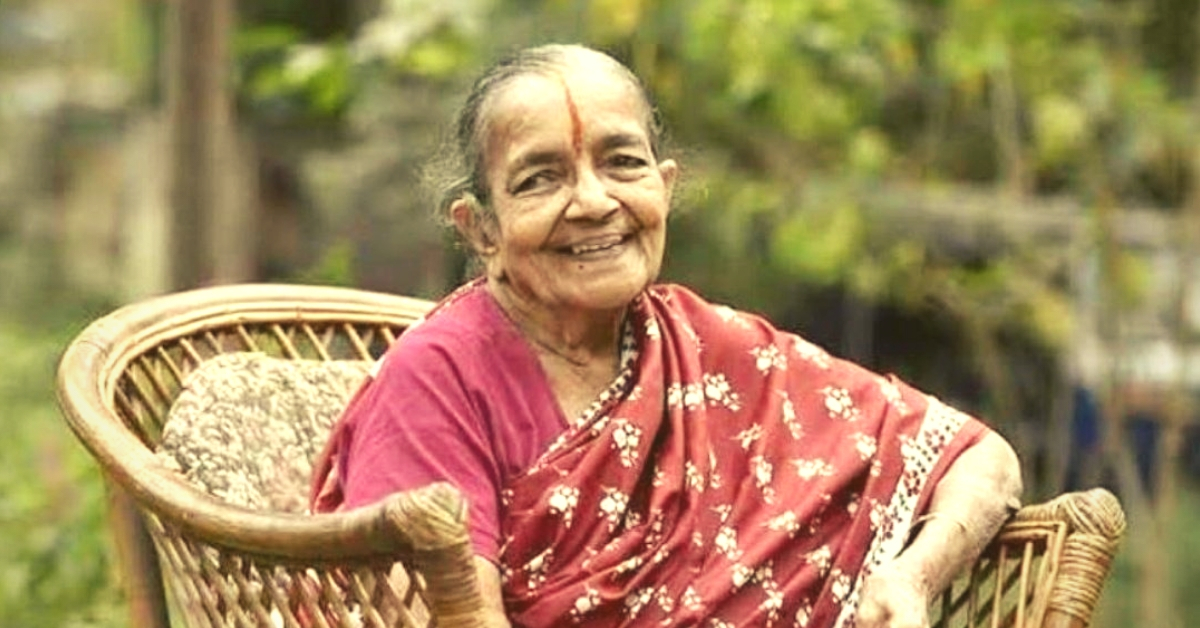Earlier this week, the Asian medical community lost one of its leading giants. Dr TS Kanaka, the continent’s first woman neurosurgeon, passed away after a brief illness at the age of 86.
Born on March 31, 1932, and raised in Chennai, she obtained her MBBS degree in December 1954, and Master of Surgery (MCh; Latin: Magister Chirurgiae) in Neurosurgery in March 1968.
“She was the third woman neurosurgeon in the whole world. She has inspired at least 75 to 80 women to become neurosurgeons in the country. As an 11-year-old child then, I started to look up to her and went on to become a neurosurgeon, the second in our family,” said G Vijaya, who currently heads the Department of Neurosurgery at Sri Narayani Hospital and Research Centre, Vellore, in a conversation with The Hindu.
G Vijaya also happens to be the niece of the late Dr TS Kanaka.
In an interesting interview with the Indian Medical Times, Dr Kanaka explains what inspired her to become a neurosurgeon.
“I was doing my MBBS when my brother-in-law (my sister’s husband) developed seizures. He was taken for treatment to Dr B Ramamurthi, one of the initial neurosurgeons in India. Neurosurgery in India was established only in three places initially — Chennai, Vellore and Bombay.
So, as an enthusiastic medical student, I used to ask him lots and lots of questions. He told me, finish your MBBS and come, I’ll teach you neurosurgery. That was something that motivates and pulls us into the field,” she said. The rest, as they say, is history.

Dr TS Kanaka has the distinction of becoming the first neurosurgeon in India to perform chronic electrode implants in the brain, besides pioneering the performance of deep brain stimulation way back in 1975. She was also a leading proponent of functional neurosurgery in the late 1960s and 70s along with other giants of the field like Dr Balasubramaniam and Dr S Kalyanraman.
Through her career, she also received a lot of praises for her work in stereotactic surgery (stereotaxy), a minimally invasive form of surgical intervention.
She was also commissioned as medical officer officer in the Indian Army during the 1962 India-China War, and a large part of her medical career was spent at the State-run Government General Hospital in Chennai.
Post her retirement in 1990; she continued to consult. Spending her own money, she also set up the Sri Santhanakrishna Padmavathi Health Care and Research Foundation, which offers free treatment for the economically disadvantaged.
Also Read: Meet 10 Amazing ‘First Ladies’ Honoured By The President of India
“Her main aim after retirement from MMC was to serve the needy and poor. She wanted to treat the geriatric age group, and went on to establish a centre, Sri Santhana Krishna Padmavathi Health Care and Research Foundation in Chromepet (Chennai) with all her pension benefits,” said Dr G Vijaya, in a conversation with The Hindu.
Her real legacy is that of a trailblazer who laid down the path for other women to enter the once male-dominated field of neurosurgery.
(Edited by Gayatri Mishra)
Like this story? Or have something to share? Write to us: contact@thebetterindia.com, or connect with us on Facebook and Twitter.
If you found our stories insightful, informative, or even just enjoyable, we invite you to consider making a voluntary payment to support the work we do at The Better India. Your contribution helps us continue producing quality content that educates, inspires, and drives positive change.
Choose one of the payment options below for your contribution-
By paying for the stories you value, you directly contribute to sustaining our efforts focused on making a difference in the world. Together, let's ensure that impactful stories continue to be told and shared, enriching lives and communities alike.
Thank you for your support. Here are some frequently asked questions you might find helpful to know why you are contributing?
